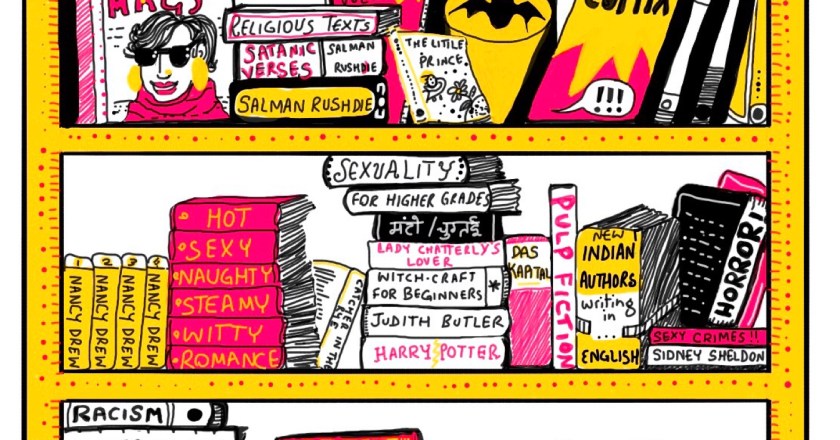क्रांति के लिए किताबें
15 दिसंबर को जामिया मिलिया इस्लामिया में सिटीजन अमेंडमेंट एक्ट (CAA) के खिलाफ शांतिपूर्ण विरोध करते छात्रों और शिक्षकों पर दिल्ली पुलिस ने डंडे बरसाए; पुलिस ने इस हिंसा के दौरान डॉ ज़ाकिर हुसैन लाइब्रेरी में भी उपद्रव मचाया । इस घटना से उत्पन्न “रीड फॉर रिवोल्यूशन” एक शक्तिशाली अहिंसक विरोध है । पुलिस की बर्बरता ने नागरिकता संशोधन अधिनियम के खिलाफ चल रहे राष्ट्रव्यापी आंदोलन को एक नया प्रोत्साहन दिया । पूरे भारत में लोग बड़ी संख्या में CAA के खिलाफ अपनी असहमति व्यक्त करने के लिए इकट्ठा हो रहे हैं । यह क़ानून और इसके लागू होने का तरीका असंवैधानिक होने के साथ-साथ हमारे देश की धर्मनिरपेक्ष परंपरा पर भी सवाल उठाता है । जामिया के छात्रों का विरोध - जो पुलिस हिंसा के वक़्त उनके पुस्तकालय में हुए नुक्सान के बाद शुरू हुए - असंख्यक रूप लेता है । इसमें शामिल हैं गीत और कविता, भाषण, कैंडल मार्च और रीड ...




















